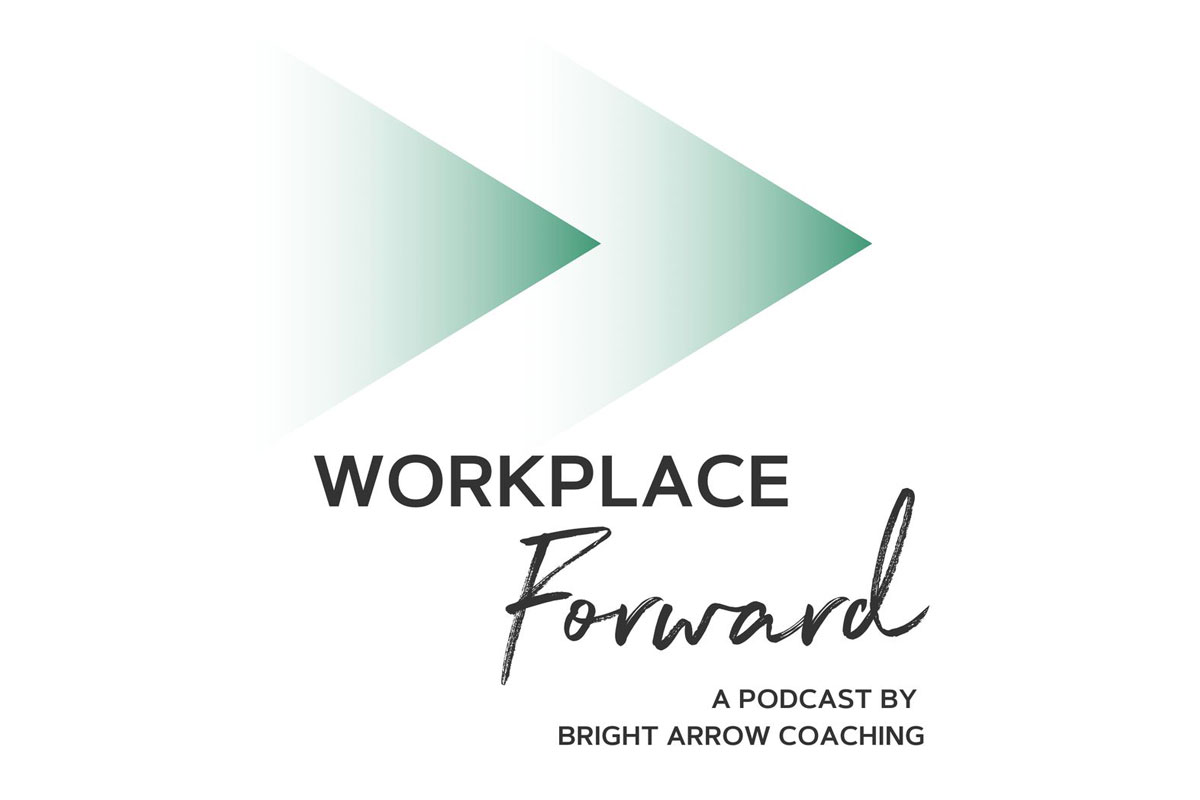This article originally published on Forbes.
What does it mean to be personally powerful?
The generic definition goes something like this: the ability to do something or act in a particular way. Yet we have so many different definitions, ways, and thoughts around power. There’s the internal demonstration of power, which focuses on thoughts, feeling, and emotions. The external demonstration of power revolves around voice, body language, and the ability to influence or persuade.
Here’s the tricky part: there isn’t a formula for which has to come first. In fact, it isn’t unusual to work on both at the same time. Some find it easiest to do the internal work first (which as a coach, I fully believe in). Others like to “fake it until they make it” and can more easily demonstrate their power externally even if they don’t yet fully believe in themselves (or have to deal with their imposter syndrome).
How to Develop Your Internal Power
If you want to feel powerful, you must first develop your own definition around personal power. We carry a LOT of unconscious inheritance around what it means to be powerful and where we get our power from. Get in touch with your core beliefs by reflecting deeply on these questions:
- What does it mean to me to be powerful?
- What relationships, actions, and experiences make me feel powerful, personally?
- What other feelings do I associate with feeling powerful?
- Where in my life and career do I give my power away?
- Who do I view as a powerful person?
- Which of those same traits do I have?
- Which of those traits do I long to develop?
Ultimately, personal power comes down to a core belief about where we believe power comes from. Do you ascribe to the belief that power is granted to you by others? Or do you believe that we are each innately powerful in our own right?
If you’ve given it away or allowed it to dwindle from beneath you over time, what do you want to do about that? (This is where coaches come into play.)
What if you already feel powerful but your body, voice, or the way you carry yourself doesn’t match that internal power?
How to Develop Your External Power
One of the workshops I teach helps people formulate a powerful ask (i.e., get comfortable using their voices) and then teaches them how to use their bodies and voices to demonstrate their personal power in a physical way.
1. Your body.
There are many ways we can “look” powerful, and it often begins in our bodies. For some, practicing hero posing can be helpful and exude a confident attitude. For others, spending time honing a powerful physical presence leads to powerful thoughts. Whether you look physically strong or not, it’s important to learn what body language indicates assertiveness, openness, rapport building, and calm. Study the way you move, how you carry yourself in public. Are your arms crossed? Do you slouch? Do you avoid direct eye contact? Use every public opportunity as one to assert yourself, stand tall, and work on “aversions” you might have created unknowingly in your body.
2. Your voice.
We often don’t think twice about our voices until we hear a recording of ourselves. “Is that what I sound like?” we might exclaim. Here’s a tip: the way you speak not only matters, it can make a difference in your career and in your relationships. Things to consider:
-
- Volume: Speak from your diaphragm. Research conducted by San Diego State and Columbia Business School revealed listeners typically associate voices that vary in volume (with a tendency toward louder volumes) with authority. Do you speak softly? Practice varying your volume in various situations to see the difference.
- Tone: We all have a particular way of sounding when expressing a feeling or meaning. When you’re talking, the listener is running an unconscious dialogue against your words. Think about what tones you love listening to when someone speaks. Do they have a commonality in tone? Assess your own tone and figure out how you can exude more power when speaking.
- Pace: Are you a fast talker or a slow talker? Speaking too fast indicates you’re terrified or ready to bolt. Speaking too slowly says that you are disengaged from the conversation. Setting a steady pace when speaking—especially in business—can help get your points across clearly and effectively.
- Pitch: You want your pitch to be on point. This is the sound of your voice being high, low, smooth, or crackly. Guard against upspeak, as it is a credibility killer. This is where we use our pitch to turn what should be a statement into a question. Here is the difference:
- My name is Tegan.
- My name is Tegan? (upspeak)
- I should request the opportunity to apply for this promotion.
- I should request the opportunity to apply for this promotion?
Upspeak will deflate a powerful statement in TWO seconds! This is particularly challenging for women who have been socialized to seek approval and not come across as too aggressive. Women and others who engage in upspeak run the risk of giving up their power and being seen as indecisive or weak.
Regardless of how you view power, there are ways to enhance your personal speech, your body language, and even your thoughts to announce to the world who you are, how you feel, and that you truly hold your own power—no one else.
This article originally published on Forbes.









